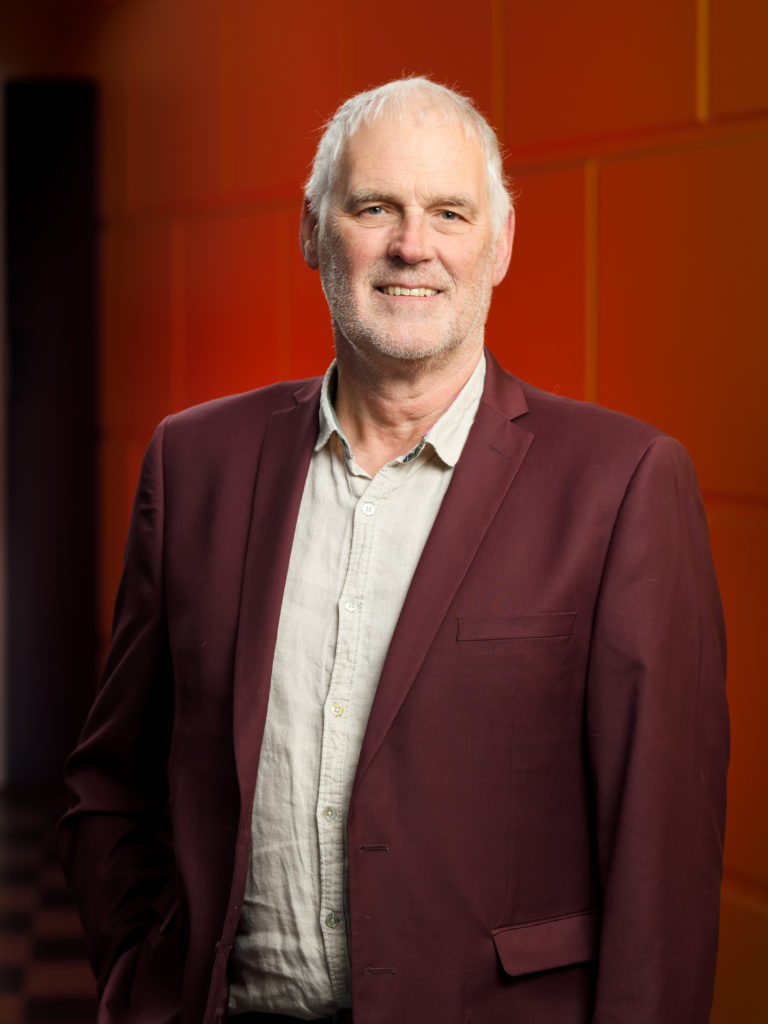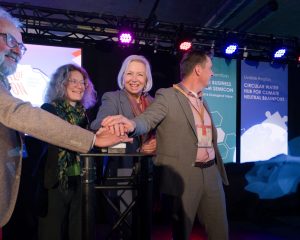PDEng Challenge: the Library of the Future
Giving access to life-long learning for everyone.
Eindhoven Engine (Academy) submitted a challenging project to the PDEng Challenge of TU/e, for the PDEng trainees to get their minds around in a week’s time. The challenge took place from 21 – 25 June. Eindhoven Engine wants to use the output of this Challenge, in order to define, in close cooperation with the Eindhoven Library, a demo project around the library of the future, life-long learning and eradication of low literacy in the region.
Continuous learning hub of the future
The Library’s report: ‘Getting to your core in the heart of the city’ contains a rich palette of options for evolving the Library into a continuous learning hub of the future. Given that this study is based on an extensive survey, there are many ideas of (potential) users, which makes the project a real bottom up experiment of innovation. Today, it seems that there are three significantly developed central ideas to explore further: the role of and the potential for life-long learning for the library; guiding the low-literate into the opportunities and possibilities of life-long learning; the evolution towards a digital library and the inclusion of the ‘ less digital’ in this development. Life-long learning does not only seem to us to be an impactful approach to this project, but it is also close to the heart of our parent institutions (TU/e, Fontys and TNO), and indeed to society.
If we take a closer look at the report, we may be able to identify a few interesting lines of research and development, which Eindhoven Engine would like to deal with in a demo project, in cooperation with the Library and the communities. This PDEng Challenge is intended to create some interesting, creative ideas that might help informing this project.
Accessibility of information
There is a lot of information available (in general, in the world), but how accessible is that information to someone who does not ‘know’, the ‘searcher’ so to speak? Maybe AI (semantics) can do something about this? The speed of (especially social) media also contrasts with the ethical dimension of its use. It is rightly suggested that the library can and should play a trust giving role in this forest of information, fake news, and alternative truth. Also, it could help people on their way from information, to knowledge (what can I do with it) and ultimately to wisdom (was is sensible and has an impact; what is ‘right’ to know or to do). That dimension, from information to knowledge and wisdom, seems to us a useful one to look at how life-long learning can be defined within the current context.

“We are eagerly waiting for the outcome of this Challenge.”
Walter Baets
Eindhoven Engine Academy
Output during PDEng Challenge
During the PDEng Challenge, a team PDEng trainees gave this topic its full attention and creativity for one week. The output of this week will then be used as input for a series of brainstorm sessions with all stakeholders: library, researchers, communities, low-literate. Next, this learning community will deliver the definition of a demo project of the Eindhoven Engine, in cooperation with the Library. Questions that might be interesting to explore are:
- Life-long learning for those that did not receive higher education: what does that mean?
- Identifying the mismatch between the library user and the total population (the potential)
- Why is it so hard to reach some potential user groups?
- What will the online library of the future look like?
- How do you turn the library into a living community, focused on learning? How do you get everyone to connect to it?
- What is the possible role of (on-line) social platforms?
- What is the role of a physical (co-)location?
